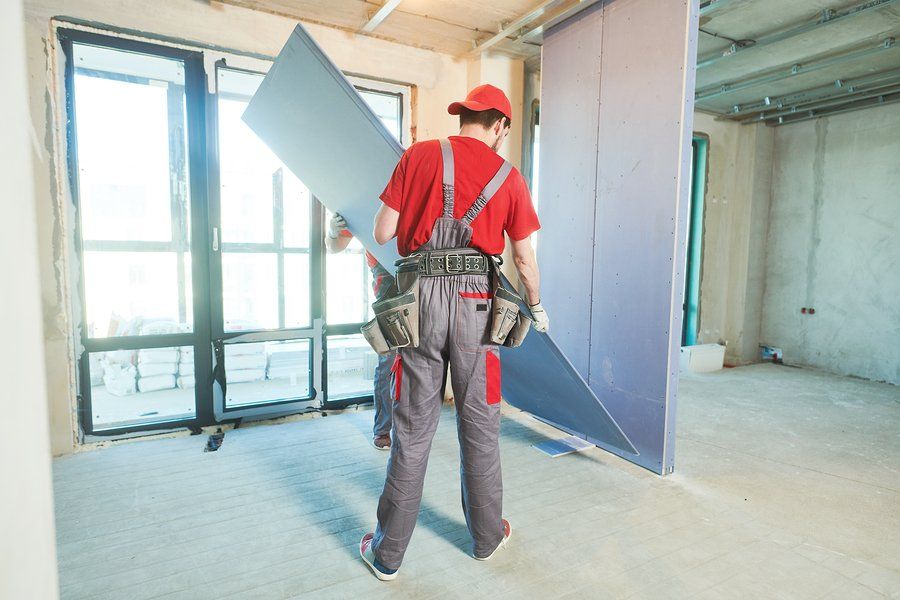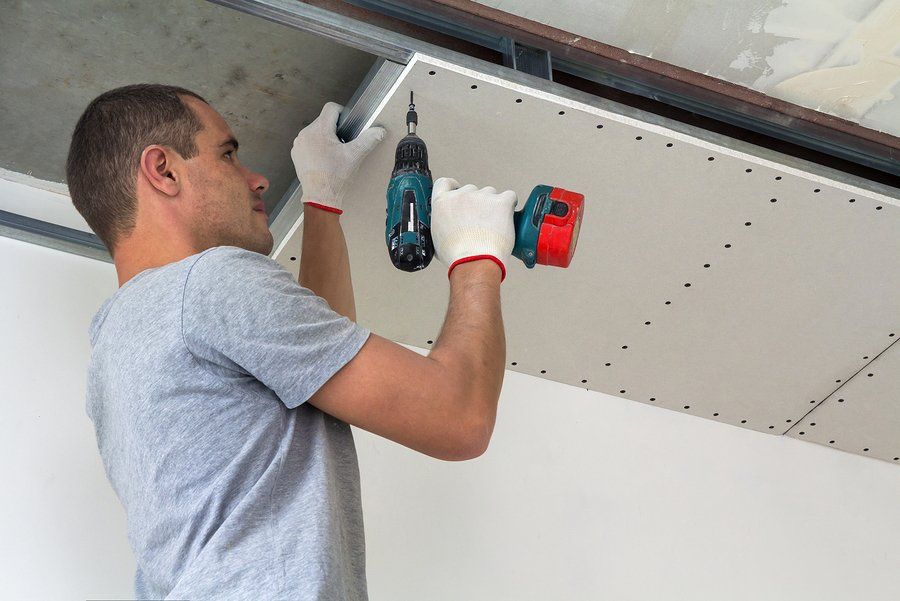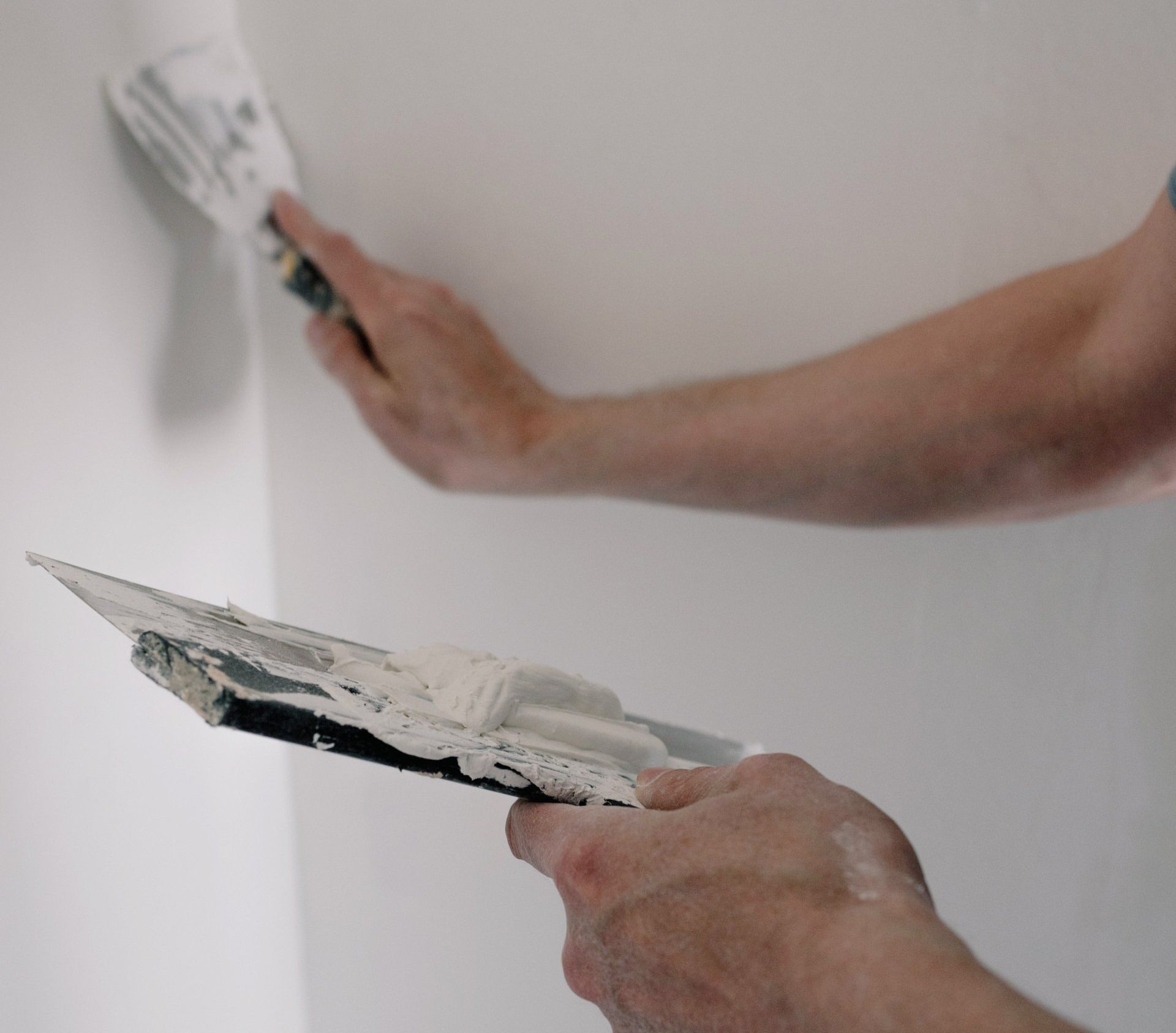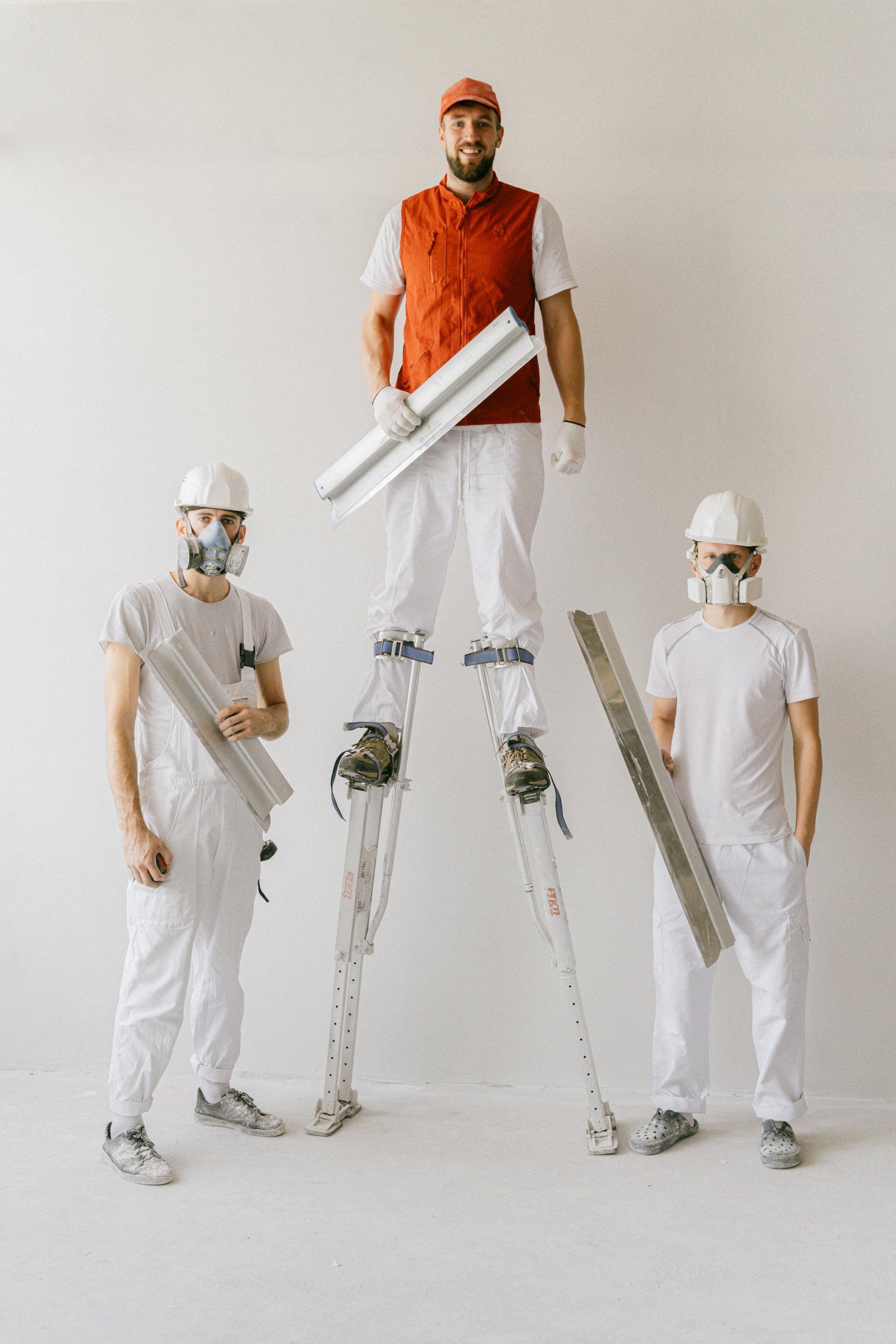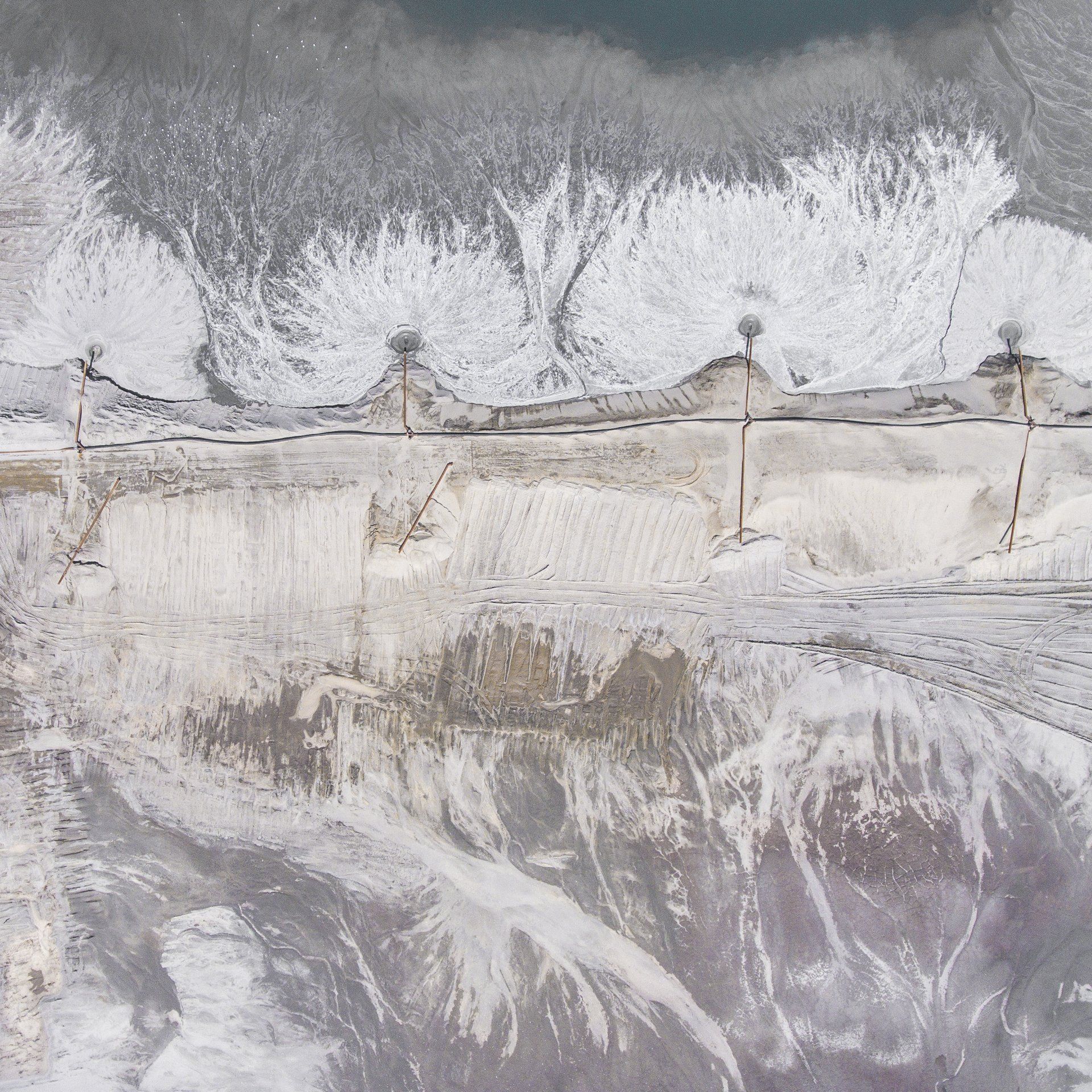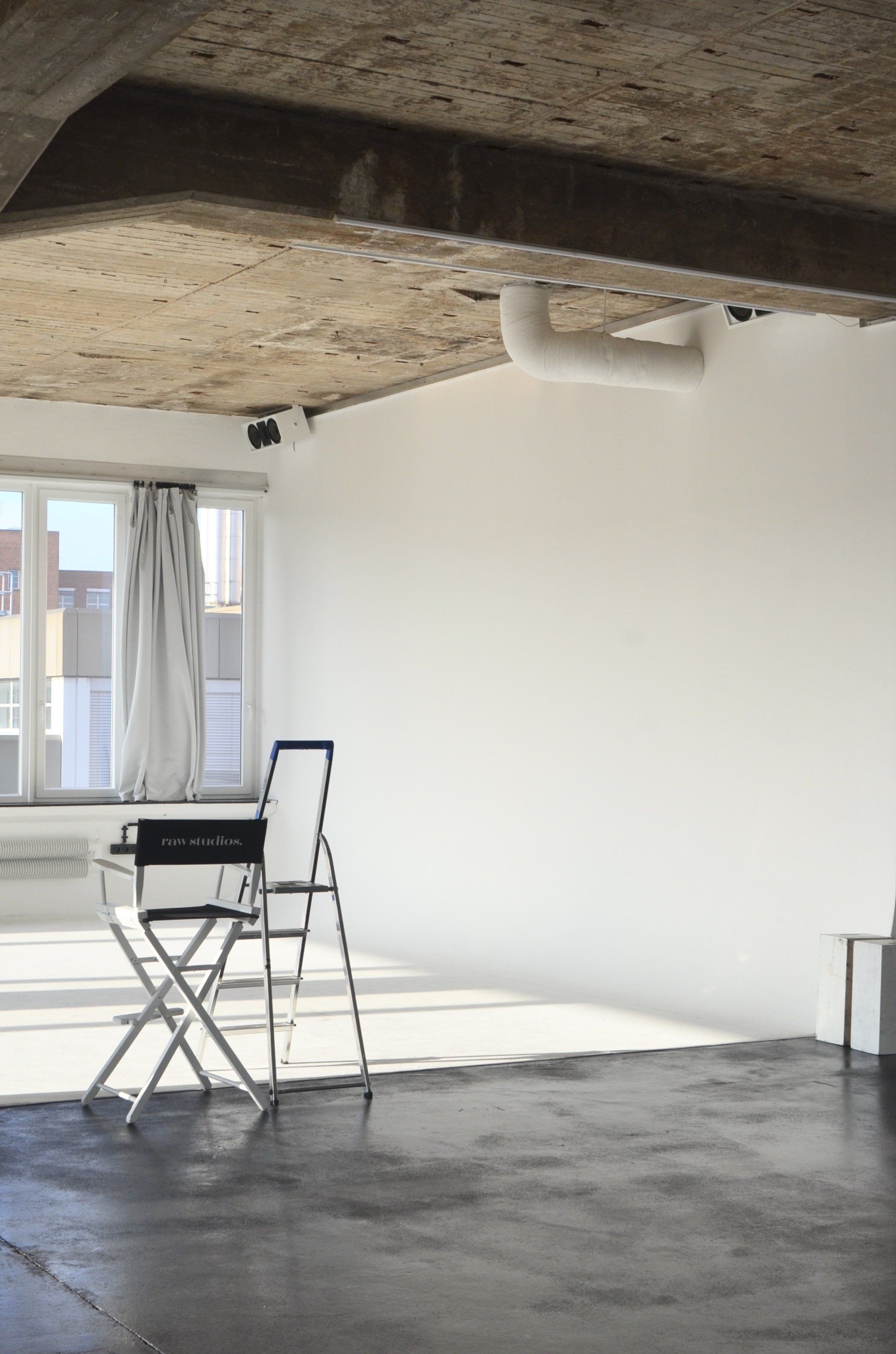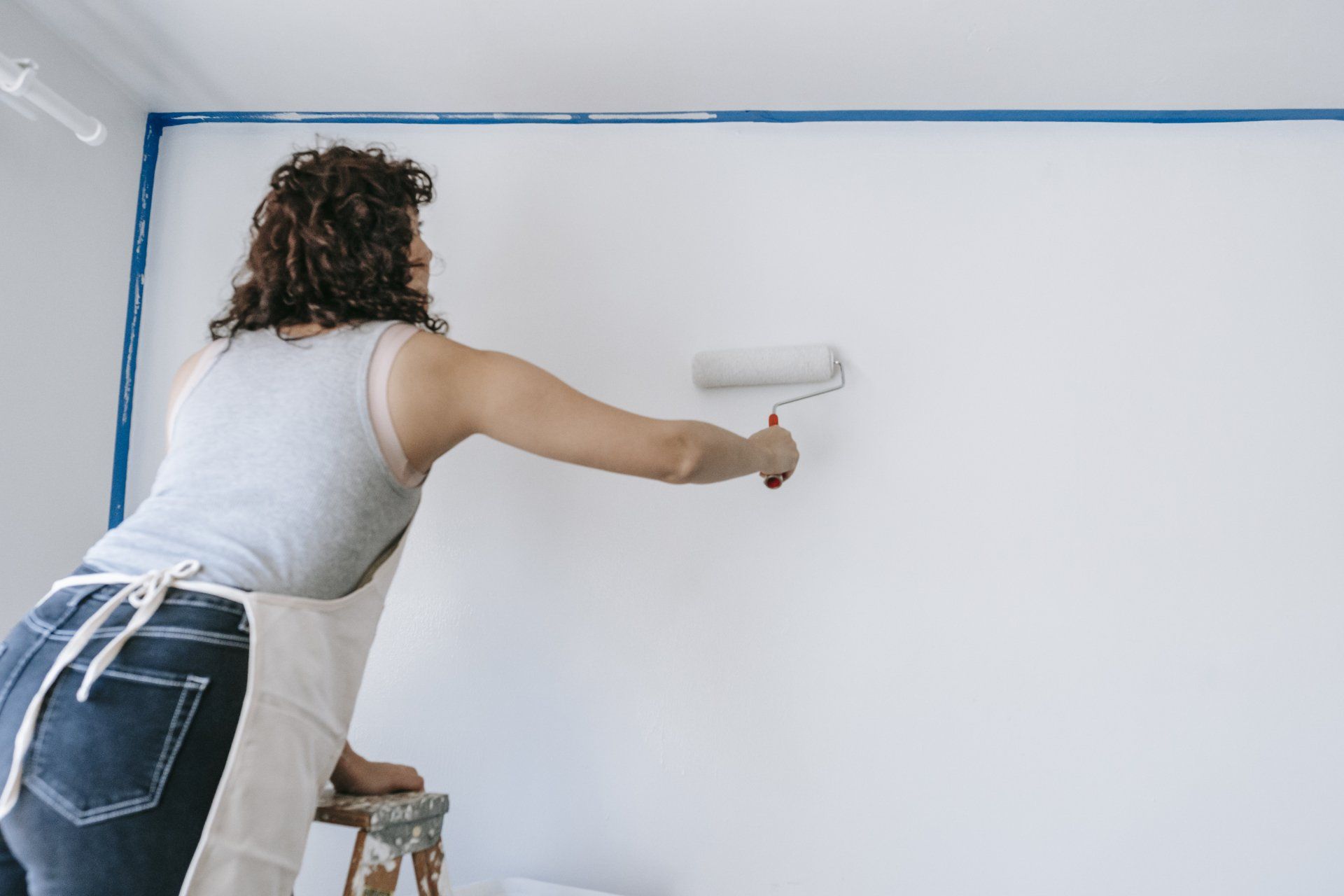Drywall vs. Sheetrock: What’s the Difference and Which is Right for Your Project?
Choosing Between Drywall and Sheetrock: Expert Tips for a Flawless Installation
When embarking on a home renovation or construction project, you’ll likely encounter terms like “drywall” and “Sheetrock.” These materials are often used interchangeably, which can lead to confusion. Are drywall and Sheetrock the same thing? And if not, what are the differences, and how do you know which one is right for your project?
This article will break down the key differences between
drywall and Sheetrock, as well as offer guidance on when to use one over the other. We’ll also highlight why hiring professional sheetrock installers is essential for ensuring a flawless finish. Whether you’re looking for sheetrock installers near me or planning a DIY drywall patch, understanding the nuances of these materials will help you make the best decision for your home.
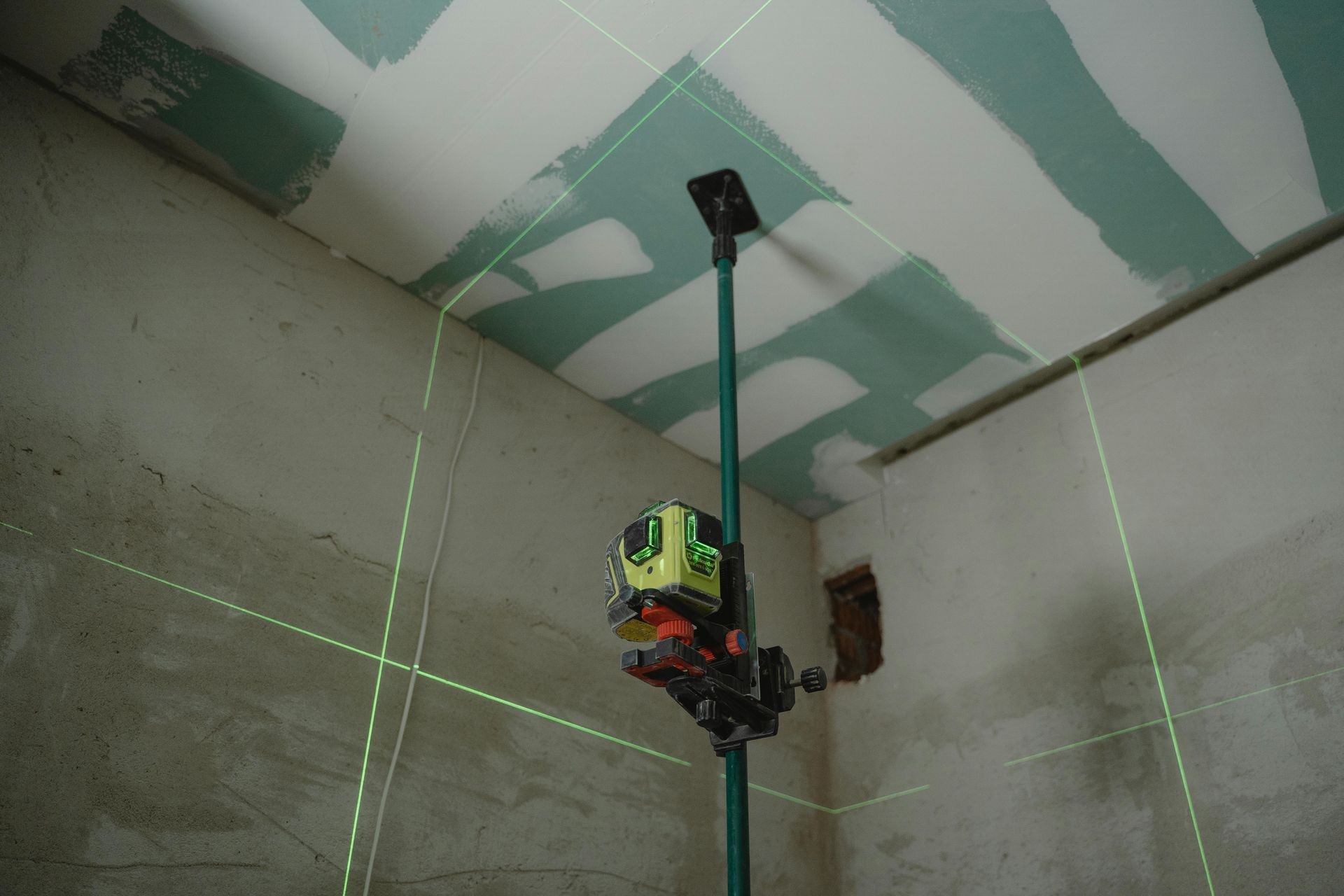
1. What is Drywall?
Drywall is a construction material used to create walls and ceilings in both residential and commercial buildings. It consists of gypsum—a soft sulfate mineral—sandwiched between two layers of thick paper. Drywall is durable, fire-resistant, and relatively easy to install, making it the standard choice for most construction and remodeling projects.
Drywall installation is a common task for any renovation, and it’s crucial to have professionals handle it to ensure smooth, sturdy surfaces. When properly installed, drywall provides a seamless look, ready for painting, texturing, or wallpapering.
2. What is Sheetrock?
Sheetrock is a specific brand of drywall manufactured by the United States Gypsum Company (USG). In essence, Sheetrock is drywall, but the brand has become so synonymous with the material that many people use the term interchangeably. Much like drywall, Sheetrock is made of gypsum and serves the same function: creating walls and ceilings.
However, Sheetrock has a few advantages that make it stand out from other generic drywall options. The product is manufactured under strict quality standards, and USG offers various Sheetrock products tailored for specific needs, such as moisture resistance or soundproofing. This is why sheetrock installers often recommend it for high-performance applications.
3. Drywall vs. Sheetrock: Key Differences
While drywall and Sheetrock serve the same purpose, here are a few distinctions between the two:
Brand Name:
Sheetrock is simply a brand of drywall, similar to how “Kleenex” is a brand of tissue paper. All Sheetrock is drywall, but not all drywall is Sheetrock.
Quality Assurance: Sheetrock typically comes with a guarantee of quality. USG produces Sheetrock under controlled conditions, ensuring consistency in each panel's strength, durability, and finish.
Variety of Products: Sheetrock offers specialized products like moisture-resistant panels, soundproofing drywall, and fire-resistant versions. While generic drywall can offer similar qualities, Sheetrock often leads in innovation and specialized applications.
4. Which is Right for Your Project?
Choosing between drywall and Sheetrock depends on your specific project needs. For most general purposes, any standard drywall will do the job. However, if you require higher performance or are working in areas with specific needs—such as moisture resistance in bathrooms or soundproofing in home theaters—sheetrock installers often recommend Sheetrock for its superior range of specialized products.
For example:
Moisture-Prone Areas: In bathrooms, kitchens, or basements, where moisture is a concern, opting for a moisture-resistant Sheetrock variety ensures long-lasting results.
Soundproofing: If you want to reduce noise transmission between rooms, Sheetrock offers sound-dampening options designed specifically for acoustic control.
Fire Resistance: In certain projects, fire-resistant drywall is required to meet building codes. Sheetrock has specific products designed to offer enhanced fire protection.
In many cases, professional sheetrock installers near me can advise on the best option for your specific project, ensuring that you get the best materials for long-term performance.
5. Why You Need Professional Sheetrock Installers
Drywall and Sheetrock installation might seem straightforward, but ensuring a smooth, seamless finish requires skill and expertise. Hiring professional sheetrock installers is crucial for several reasons:
Precision Installation: A professional drywall contractor ensures that your drywall is properly aligned, secured, and taped, resulting in perfectly smooth walls that are ready for finishing.
Avoid Costly Mistakes: Improperly installed drywall can result in visible seams, cracks, or uneven surfaces. Fixing these mistakes can be time-consuming and costly, so it’s best to get it right the first time with professional installers.
Handling Repairs: If your walls are already damaged, hiring professionals for drywall repair near me or sheetrock repair near me ensures that cracks, holes, or other imperfections are properly patched without compromising the integrity of the wall. Whether you need a simple drywall patch or full wallboard repair, expert help will ensure the job is done right.
Fixing Existing Issues:
If you have damaged walls, sheetrock wall repair can restore your home’s aesthetic. Professionals know how to fix sheetrock to make it look as good as new, whether from small dents or more severe damage caused by water or impact.
6. Common Drywall Repairs
Drywall is durable, but it’s not indestructible. Over time, your walls may develop cracks, dents, or holes. When this happens, you’ll need drywall repair or sheetrock repair services. Here are some common types of repairs:
Small Holes or Cracks: These can often be fixed with a quick drywall patch. Whether caused by moving furniture, door handles, or minor impacts, a professional can apply joint compound, sand it smooth, and repaint for a seamless repair.
Water Damage:
If your drywall has been compromised by water, such as from a leak or flooding, you’ll need drywall repair near me that specializes in replacing water-damaged sections. Water can weaken drywall, leading to mold growth, so addressing it quickly is essential.
Larger Holes: For larger holes or areas of damage, sheetrock repair is more complex. A professional will cut out the damaged section, fit a new piece of drywall or Sheetrock, tape the seams, apply joint compound, and sand it for a smooth finish.
Wallboard Repair:
For homes with older drywall, sometimes a more comprehensive wallboard repair is necessary, especially if the drywall is sagging or cracking due to age. Professional installers will assess the situation and offer the best solution.
7. Finding the Right Installers and Repair Experts
When searching for sheetrock installers near me, it’s important to choose experienced professionals who understand the specifics of drywall and Sheetrock installation. Look for installers with a proven track record, great customer reviews, and the ability to provide drywall repair near me or sheetrock repair near me services in case of future damage.
Be sure to ask about their experience with both drywall and Sheetrock installation, as well as any specialty products that might benefit your project. If you need advice on soundproofing, moisture control, or fire resistance, a professional drywall contractor can guide you through the best options for your home.
Conclusion
Whether you’re installing drywall for the first time or repairing damaged Sheetrock, choosing the right materials and hiring the right sheetrock installers is essential for a successful project. Understanding the differences between drywall and Sheetrock helps you make informed decisions, while relying on professionals ensures flawless installation and repair.
If you’re ready to begin your drywall project, don’t hesitate to reach out to experienced sheetrock installers near me who can bring your vision to life with precision and expertise. Whether it’s sheetrock wall repair, drywall patch, or a full installation, professional installers will ensure your walls are smooth, seamless, and built to last.

